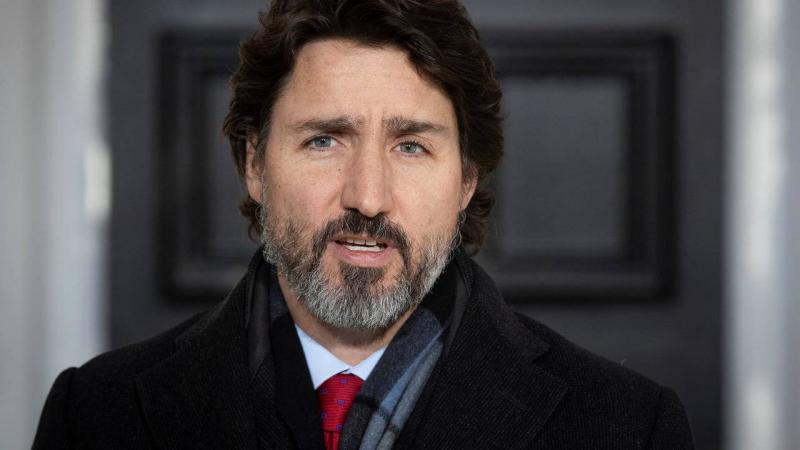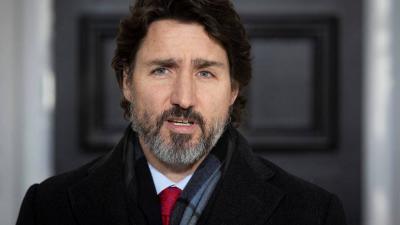Canadian Prime Minister Justin Trudeau announced on Sunday that federal elections will be held early on September 20, less than two years after the last elections, citing a "historic" phase for the country due to the COVID-19 pandemic. Trudeau stated in the federal capital, Ottawa, that "the Governor General... has agreed to my request to dissolve Parliament. Canadians will therefore head to the polls on September 20." He emphasized that the country is at a "historic moment" and that "it is essential for Canadians to choose how to emerge from this pandemic." He added, "We will make choices now that are not only about the coming months, but about the coming decades." Trudeau urged support for a "progressive and ambitious government" that adopts "a strong health system, decent housing, and a protected environment."
Trudeau has led a minority government since October 2019, making him dependent on opposition parties to implement his reforms. However, he relies on favorable polls following his successful management of the pandemic crisis and the vaccination campaign. Other parties opposing the summer elections quickly condemned the political stakes while the pandemic crisis is not yet over. Like other countries, Canada recently announced it is facing a fourth pandemic wave, primarily driven by the rapidly spreading Delta variant. Nonetheless, the country has recorded one of the best vaccination rates in the world, with 71 percent of Canadians (38 million) having received a first dose of the COVID-19 vaccines, and 62 percent fully vaccinated.
Political science professor Felix Mathieu from the University of Winnipeg told AFP that Trudeau's move is like his "only window" as COVID-19 cases are certain to rise with the return to school and university in two weeks. He added, "He has remained in office for 18 months, which is the average lifespan of a minority government." However, according to McGill University political science professor Daniel Béland, it is a "risky bet" given that polls do not guarantee a majority for Justin Trudeau and his team. To form a majority government, Trudeau's party needs to win 170 seats out of 388 in the House of Commons. Currently, it holds 155 seats.
Uncertainty Surrounding Voter Participation
Béland remarked, "The elections could revolve around a few seats," noting, "Since these elections are clearly being called by Trudeau, they could cost him dearly in terms of leadership if he fails." Competing against Trudeau in the upcoming elections is Erin O'Toole, the leader of the Conservative Party, which is the only party capable of forming a government (with 119 MPs), but he faces declining popularity while relying on rural areas as his voter base.
The second competitor for Trudeau is Jagmeet Singh, head of the New Democratic Party, who could sway young liberal voters and urban residents. Singh condemned Trudeau's decision, calling it "selfish," pledging to "work hard for workers and to compel the wealthy and large corporations to pay their fair share (of taxes) and to advocate for an economic recovery that benefits everyone."
The election campaign is expected to focus on pandemic crisis management and the broad emergency aid programs enacted by the government, alongside a post-pandemic recovery plan valued at $101.4 billion. However, environmental issues and reconciliation with Indigenous peoples will also be crucial in this unprecedented election. Health measures currently in effect in various provinces may limit electoral gatherings, while uncertainty remains about expected participation rates. Moreover, although mail-in voting is expected to have significantly increased due to the pandemic, the results may not be known on the evening of election day.




